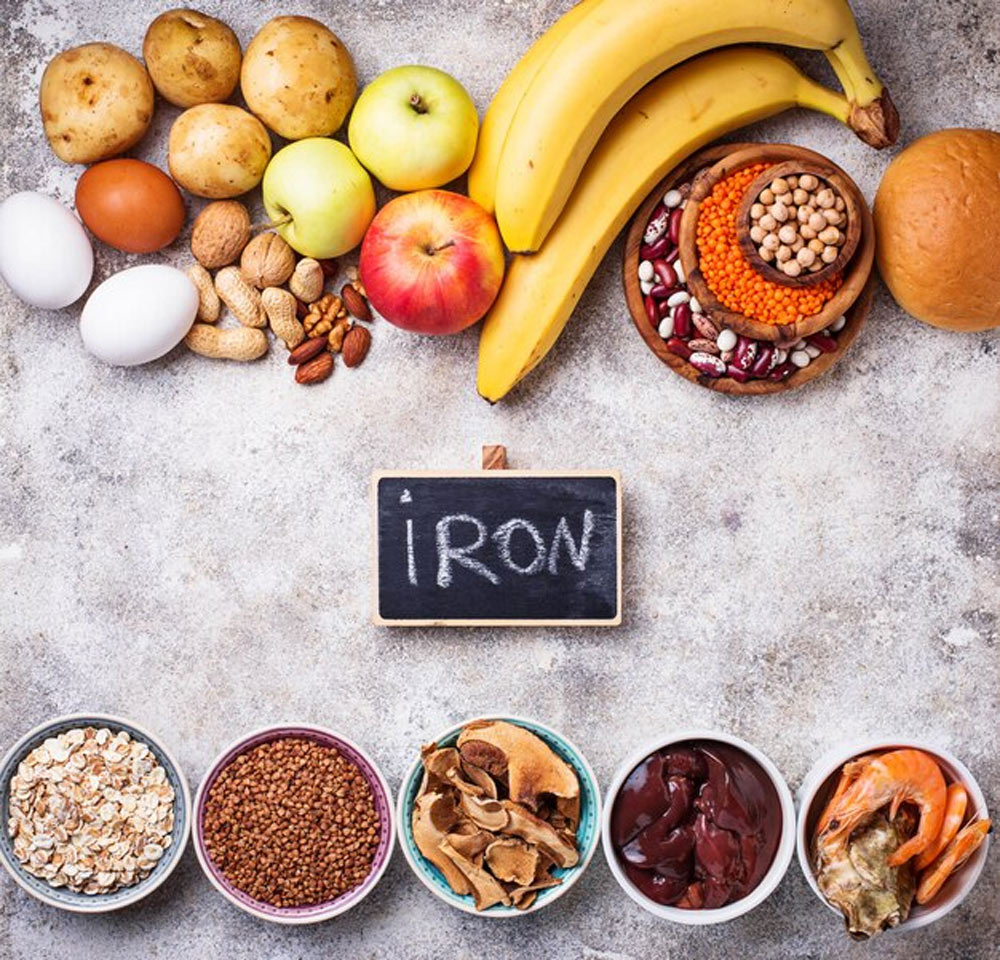
Have you ever been told to avoid ice cream or chilled drinks during your period? Many people have grown up hearing that consuming cold foods can lead to increased cramps, irregular periods, or even disrupt blood flow. But is there any scientific basis for this belief, or is it just another menstrual myth passed down through generations?
Table of Content:-
To demystify this, we spoke to Vidhi Chawla, Dietician, Founder, Fisico Diet and Aesthetic Clinic, Gurugram, who answered if you should avoid consuming cold food during periods.
The Myth

"Traditional beliefs, especially in some Asian cultures, suggest that cold food or drinks can 'shock' the body and disrupt the natural flow of blood during menstruation. This belief is rooted in the idea that cold temperatures cause the uterine muscles to contract, leading to cramps or irregular periods," said Chawla. Consequently, people are often advised to stick to warm beverages and avoid ice cream, chilled water, or cold salads during their menstrual cycle.
The Science
From a medical perspective, there is no direct evidence linking cold food to menstrual cramps or irregularities. "Menstrual cramps (dysmenorrhoea) are caused by the release of prostaglandins, chemicals that trigger uterine contractions, not by the temperature of your food. The body's core temperature is tightly regulated, and the food or drink you consume has minimal impact on your internal systems," explained Chawla.
However, some people may experience discomfort after consuming cold food due to individual sensitivities, especially if they already feel bloated or fatigued during their periods. In such cases, it is more about personal preference than a universal rule.
Can Cold Food Cause Discomfort?

While cold food does not directly impact menstrual health, some people might notice mild discomfort after consuming cold items, especially if they already experience bloating or fatigue during their period. Cold food or drinks can sometimes slow down digestion, leading to a feeling of heaviness or mild stomach discomfort. According to a 2023 study, consuming warm food was linked to reduced menstrual pain intensity and duration than cold food consumption. However, this varies from person to person and is not a universal reaction.
Another factor to consider is personal sensitivity. Some individuals have a naturally lower tolerance for cold foods and may feel more comfortable consuming warm meals during their periods. In such cases, avoiding cold foods is more about personal preference rather than a strict rule.
Also Read: Expert Explains Why Your Immune System Weakens During Your Period
What Should You Eat During Your Period?

"Instead of focusing on food temperature, it’s better to focus on nutrient-rich meals. Iron-rich foods like spinach, lean meat, and lentils can help replenish iron lost during menstruation. Anti-inflammatory foods, such as nuts, fish, and warm herbal teas may help reduce cramps," advised Chawla. While a bowl of ice cream won’t harm you, moderation is key, as excessive sugar may worsen bloating.
Bottomline
Chawla concluded, Avoiding cold food during periods is largely a myth rather than a medical fact. There is no scientific basis to suggest that cold food can negatively impact your menstrual health. If cold foods make you uncomfortable, you may avoid them, but there is no reason to believe they will worsen cramps or disrupt your cycle."
Instead of worrying about food temperature, focus on nourishing your body with essential nutrients. Listen to your body’s needs and eat what makes you feel good, whether a warm cup of tea or a scoop of your favourite ice cream.
[Disclaimer: This article contains information provided by an expert and is for informational purposes only. Hence, we advise you to consult your professional if you are dealing with any health issue to avoid complications.]
Also watch this video
How we keep this article up to date:
We work with experts and keep a close eye on the latest in health and wellness. Whenever there is a new research or helpful information, we update our articles with accurate and useful advice.
Current Version
